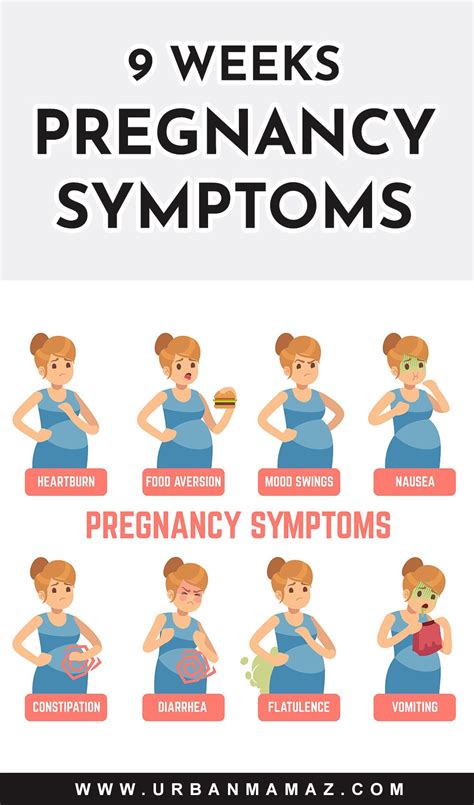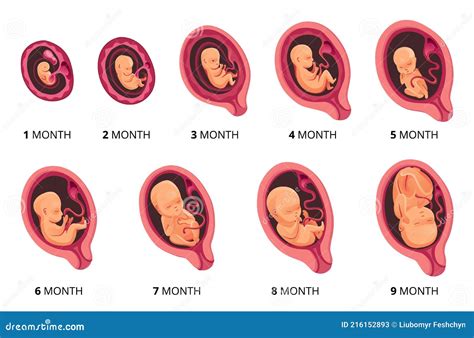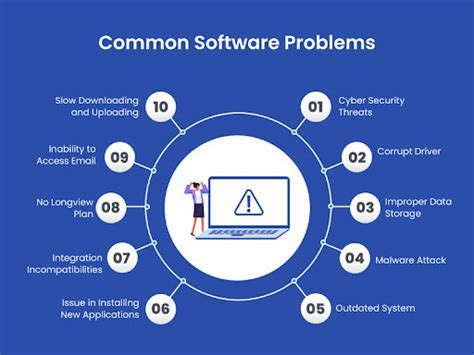Intro
Discover the physical and emotional 9 weeks pregnant symptoms, including morning sickness, fatigue, and fetal development, to navigate this critical period with ease and confidence.
At 9 weeks pregnant, women often experience a mix of physical and emotional changes as their body adjusts to the growing fetus. This period is crucial, and being aware of the symptoms can help expectant mothers better understand their condition and take necessary precautions. The 9th week of pregnancy is a time of significant development for the fetus, and the mother's body is undergoing various changes to support this growth.
As the embryo develops into a fetus, it's essential for pregnant women to stay informed about the symptoms they may encounter. Morning sickness, fatigue, and mood swings are common complaints during this period. However, every pregnancy is unique, and not all women will experience the same symptoms. Factors such as lifestyle, overall health, and genetic predisposition can influence the severity and type of symptoms.
Understanding the symptoms of pregnancy at 9 weeks can help women prepare for the challenges ahead and ensure a healthy pregnancy. It's also crucial for expectant mothers to maintain open communication with their healthcare provider, reporting any concerns or unusual symptoms. By doing so, they can receive timely guidance and care, minimizing potential risks and complications.
Physical Symptoms at 9 Weeks Pregnant

At 9 weeks pregnant, physical symptoms can vary from woman to woman. Some common physical symptoms include:
- Morning sickness: Despite its name, morning sickness can occur at any time of the day. It's characterized by nausea and vomiting, often triggered by specific smells or foods.
- Fatigue: The increased levels of progesterone can cause drowsiness and fatigue, making it essential to get plenty of rest.
- Breast tenderness: Hormonal changes can lead to breast swelling and tenderness, which may be uncomfortable but is a normal part of pregnancy.
- Frequent urination: As the uterus expands, it can put pressure on the bladder, leading to more frequent trips to the bathroom.
- Food cravings or aversions: Some women may experience strong cravings for specific foods or develop an aversion to certain smells or tastes.
Emotional Symptoms at 9 Weeks Pregnant

In addition to physical symptoms, many women experience emotional changes during the 9th week of pregnancy. These can include:
- Mood swings: Hormonal fluctuations can lead to rapid mood changes, causing irritability, anxiety, or sadness.
- Anxiety and worry: The uncertainty and responsibility of pregnancy can cause anxiety and worry about the future.
- Excitement and joy: Many women feel a deep sense of excitement and joy about the upcoming arrival of their baby.
Fetal Development at 9 Weeks Pregnant

At 9 weeks pregnant, the fetus is approximately 1.2 inches long and weighs about 0.07 ounces. Major developments during this period include:
- Organ formation: The fetus's major organs, such as the heart, lungs, and liver, are forming and starting to function.
- Limb development: The arms and legs are growing, and the fingers and toes are becoming more defined.
- Sensory development: The fetus's senses, including sight, hearing, and touch, are starting to develop.
Self-Care During the 9th Week of Pregnancy

Practicing self-care is essential during pregnancy, especially during the 9th week. Some tips for self-care include:
- Eating a balanced diet: Focus on consuming nutrient-rich foods, including fruits, vegetables, whole grains, and lean proteins.
- Staying hydrated: Drink plenty of water to help prevent dehydration and support fetal development.
- Engaging in gentle exercise: Prenatal yoga, walking, or swimming can help maintain physical and mental well-being.
- Getting enough rest: Aim for 7-9 hours of sleep per night to help manage fatigue and support fetal growth.
Prenatal Care at 9 Weeks Pregnant

Regular prenatal care is vital during pregnancy, and the 9th week is no exception. Expectant mothers should:
- Schedule regular check-ups: Attend prenatal appointments to monitor fetal development and address any concerns.
- Discuss health concerns: Inform their healthcare provider about any pre-existing medical conditions or concerns.
- Follow medication guidance: Take medications as prescribed and follow guidance on over-the-counter medications.
Common Concerns at 9 Weeks Pregnant

Some common concerns that women may have at 9 weeks pregnant include:
- Miscarriage: The risk of miscarriage is higher during the first trimester, but it's essential to remember that most pregnancies proceed normally.
- Chromosomal abnormalities: Women may worry about the risk of chromosomal abnormalities, such as Down syndrome. However, most babies are born healthy, and prenatal testing can help identify potential issues.
- Pregnancy complications: Women may be concerned about complications, such as preeclampsia or gestational diabetes. Regular prenatal care can help identify and manage these conditions.
Support System During the 9th Week of Pregnancy

Having a strong support system is crucial during pregnancy, especially during the 9th week. This can include:
- Partner support: Having a supportive partner can help alleviate stress and anxiety.
- Family and friends: Surrounding oneself with loved ones can provide emotional support and help with daily tasks.
- Online communities: Joining online forums or support groups can connect women with others who are going through similar experiences.
Preparing for the Future

As the pregnancy progresses, it's essential to start preparing for the future. This can include:
- Creating a birth plan: Thinking about the type of birth experience desired and creating a plan can help expectant mothers feel more in control.
- Setting up the nursery: Preparing the nursery and purchasing essential items can help women feel more prepared for the arrival of their baby.
- Attending parenting classes: Learning about parenting and childcare can help new mothers feel more confident and prepared.
What are the most common symptoms at 9 weeks pregnant?
+The most common symptoms at 9 weeks pregnant include morning sickness, fatigue, breast tenderness, frequent urination, and food cravings or aversions.
How can I manage morning sickness during the 9th week of pregnancy?
+To manage morning sickness, try eating small, frequent meals, avoiding triggers, and staying hydrated. You can also talk to your healthcare provider about potential remedies or medications.
Is it normal to experience mood swings at 9 weeks pregnant?
+Yes, it's normal to experience mood swings during the 9th week of pregnancy due to hormonal changes. Practicing self-care, staying connected with loved ones, and engaging in stress-reducing activities can help manage mood swings.
As we conclude our discussion on the 9th week of pregnancy, we invite you to share your thoughts, experiences, or concerns in the comments below. If you found this article informative, please consider sharing it with others who may be going through a similar journey. Remember, every pregnancy is unique, and staying informed can help you navigate the challenges and joys of this special time. By taking care of yourself and staying connected with your healthcare provider, you can ensure a healthy and happy pregnancy.
